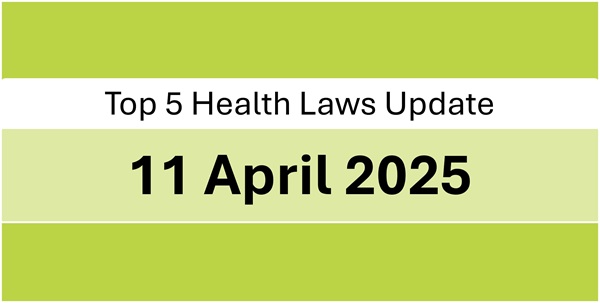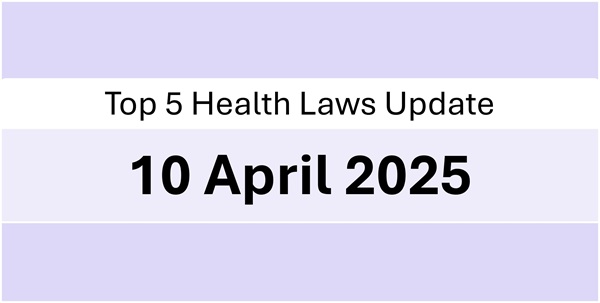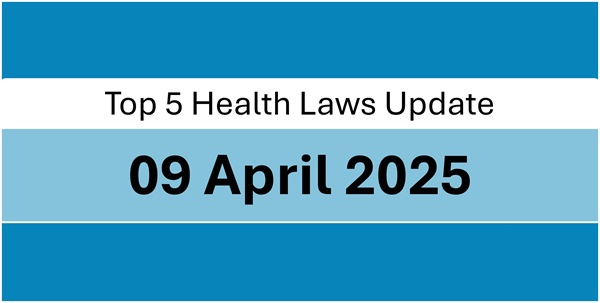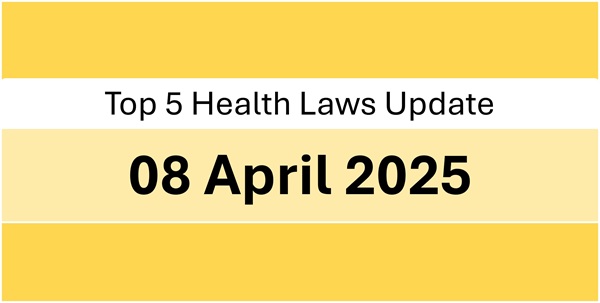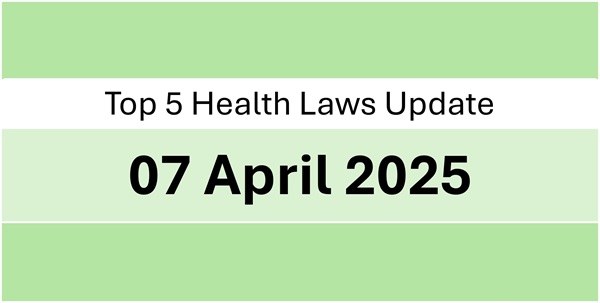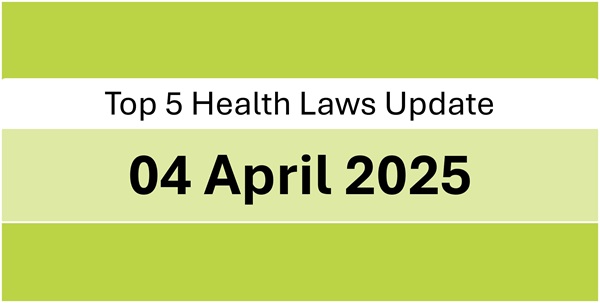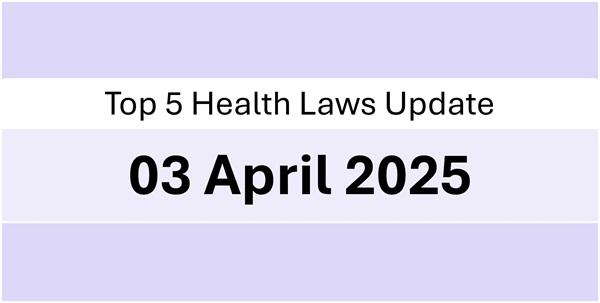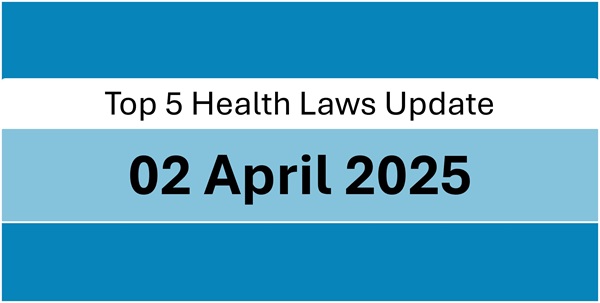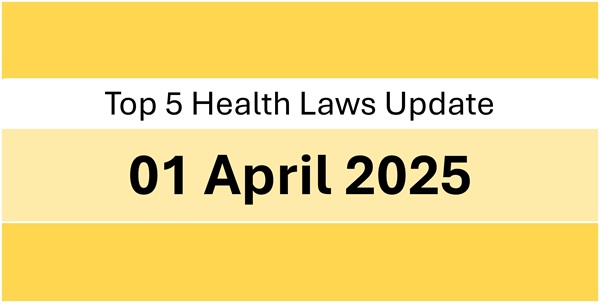Dear Readers, we are happy to share the most interesting legal and policy updates concerning health industry that we read today. we hope you enjoy reading it.
1. Several global pharmaceutical companies have approached the European Commission demanding assistance in maintaining operations in the EU and to help Europe keep the pharma industry including measures to compensate them for the cost of pharmaceutical innovations. This move comes in the face of threatened U.S. tariffs on imports.
Source: bit.ly/3RgXrK6
2. A pharma giant has allegedly breached the UK’s Prescription Medicines Code of Practice Authority (PMCPA) for its cancer drug’s misleading prescribing information, which failed to clearly state that women using hormonal contraceptives needed to take additional measures to prevent pregnancy while on the drug.
Source: bit.ly/4lzu3MO
3. India’s Department of Pharmaceuticals (DoP) has invited expression of interest for selecting an agency to conduct a comprehensive study of India’s pharmaceutical and medical device supply chains, in order to identify regulatory hurdle.
Source: bit.ly/42zIx6O
4. Central Drugs Standard Control Organisation has directed States and Union Territories to urgently stop the manufacture, sale, and distribution of 35 unapproved Fixed Dose Combinations licensed without safety and efficacy evaluation under New Drug and Clinical Trials rules, 2019. Authorities must investigate, take action, and report compliance to ensure public health and regulatory consistency.
Source: bit.ly/4cw43hg
5. China has amended its GB 9685 standard for additives in food contact materials. The changes include expanded use in silicone rubber, revised usage limits, updated additive names, and new safety calculations. These updates, effective March 2025, aim to improve consumer safety and industry compliance.
Source: bit.ly/4cGqBfE


